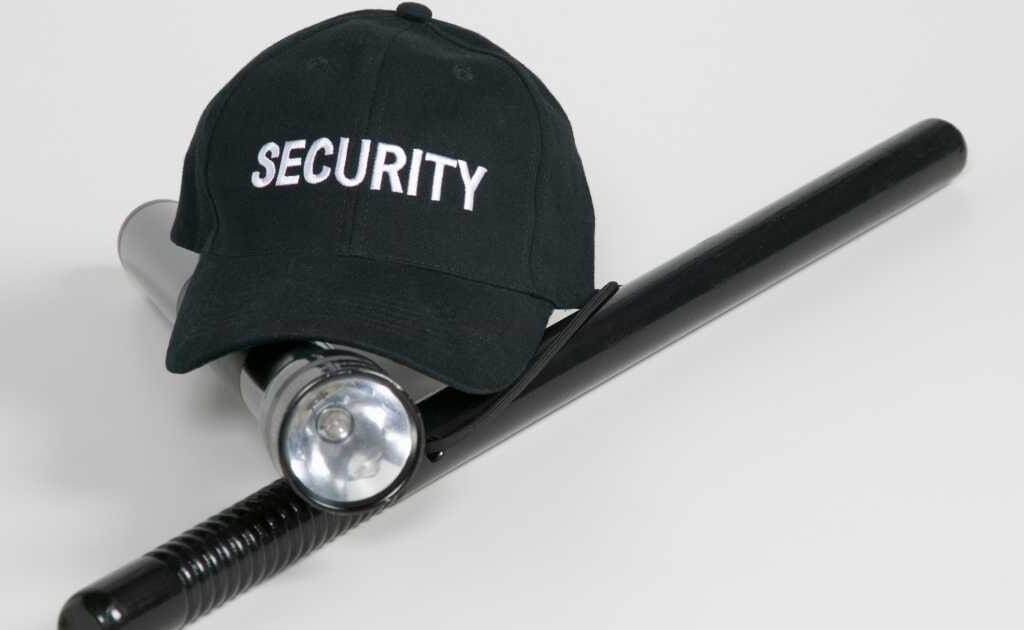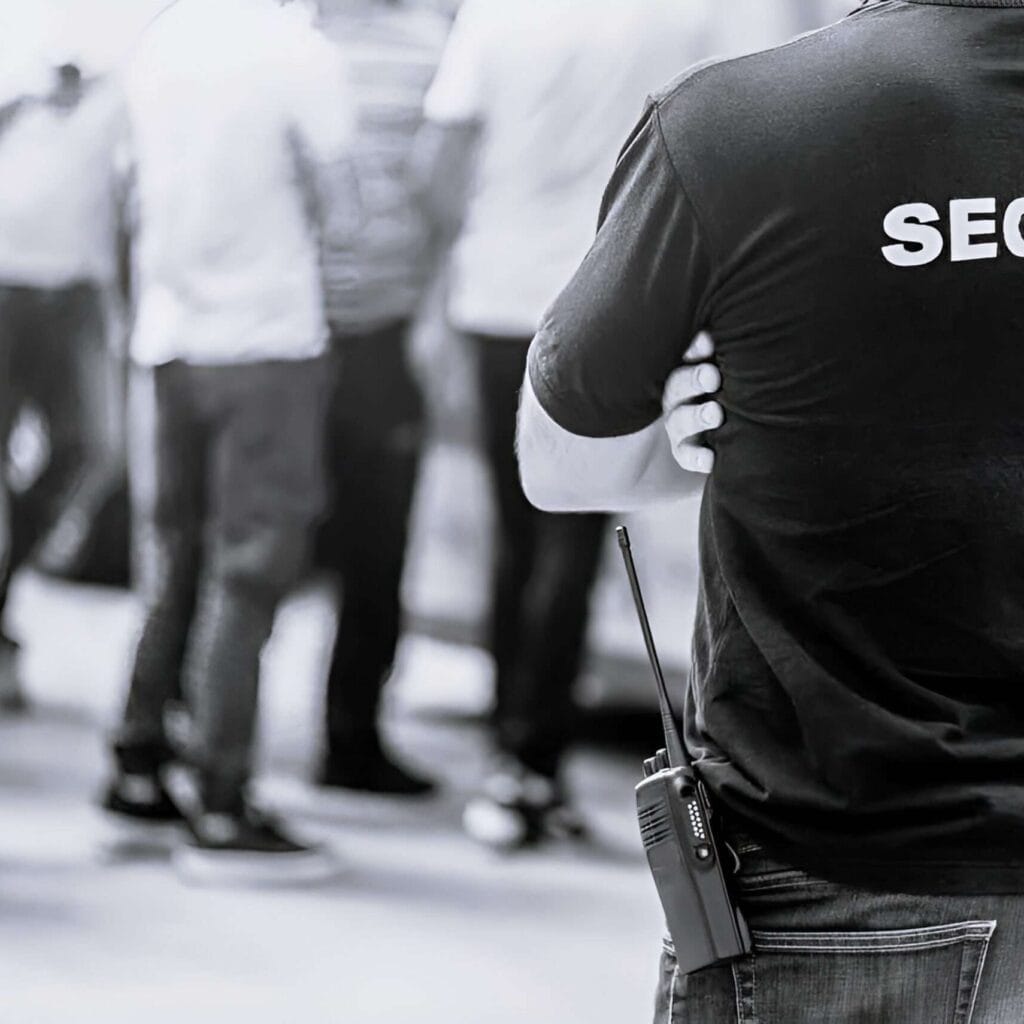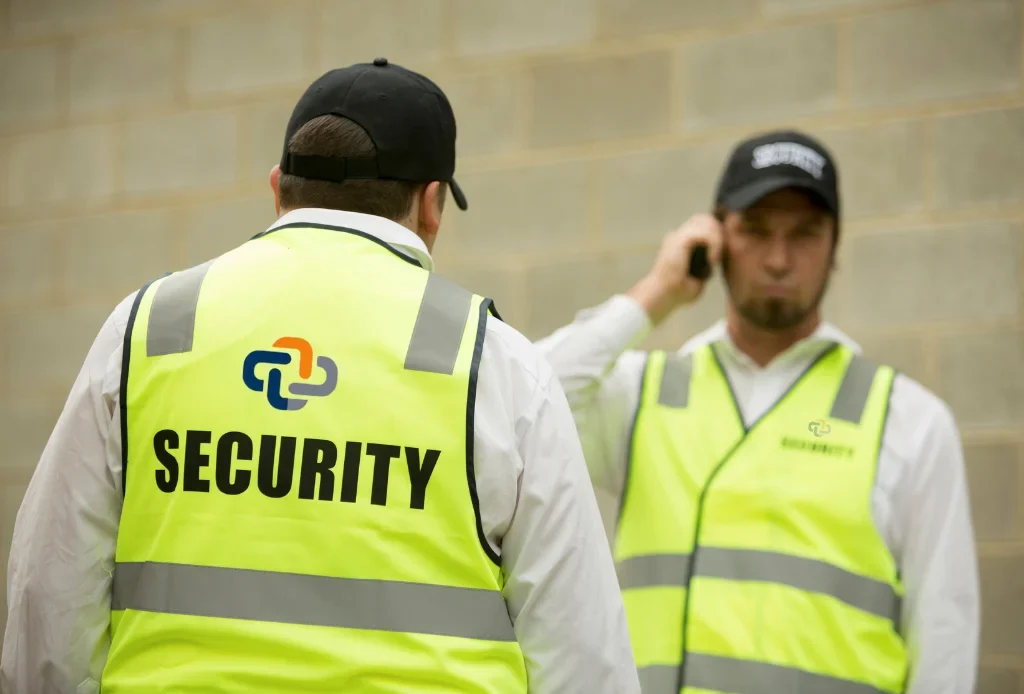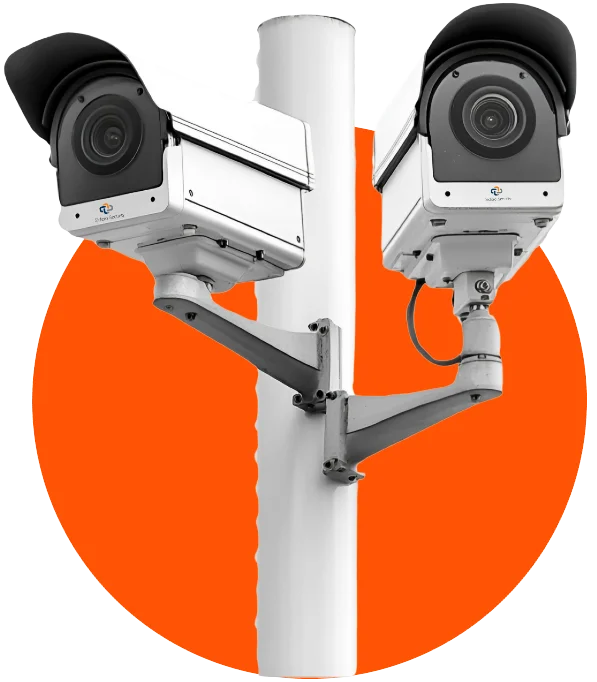
Security guards play a vital role in maintaining the safety and security of properties, assets, and individuals. The understanding of their importance isn’t just about surveillance or crowd control, it encompasses risk assessment, prevention, and emergency response.
Their presence often serves as a deterrent to criminal activities or behavioural issues, while their keen observation and communication skills enable them to detect and respond to suspicious activities. A grasp of legal and ethical guidelines, paired with appropriate training, fortifies the effectiveness of security guards in providing protection and instilling a sense of safety within a community.
Defining the Role and Scope of a Security Guard
Their responsibilities include monitoring surveillance equipment, inspecting buildings, and permitting or denying entry to individuals. Security guards play a vital role in maintaining order by following strict protocols and working closely with emergency services and law enforcement agencies when necessary.
Their functions extend to crowd control at events and conducting routine checks to ensure safety standards are met. The scope of a security guard’s role may vary depending on the employer’s needs and the specific environment in which they operate, from commercial spaces to residential properties.
Types of Security Guards: Unarmed, Armed
A. Unarmed Security Guard:
An unarmed security officer personally guards, patrols or watches another person’s property. They do this without a guard dog or weapon.
This includes:
- in-house security (someone who guards, patrols or watches their employer’s property)
- a loss prevention officer
- a security gate officer.
B. Armed Security Guard:
Armed Security Guards are often tasked with the safeguarding of cash during transit, a critical job that involves ensuring the secure transportation of money between locations. This can include escorting cash between banks, ATMs, or commercial businesses, often requiring constant vigilance which requires specialised training.
Additionally, they may provide close personal protection to individuals, such as executives or celebrities. This work involves detailed planning, risk assessment, and a high level of personal integrity and professionalism to guarantee the safety of the individual in various settings.
Essential Qualities of a Security Guard
1. Physical Fitness and Health Requirements
Physical fitness and health requirements are definitely a requirement for a role of a Security Guard as they enable a guard to perform necessary physical tasks, such as patrolling and possibly apprehending suspects.
A guard’s ability to respond quickly and efficiently during a crisis often depends on their physical condition. Proper training and adherence to fitness standards ensure that role of a security guard is equipped to face various challenges and contribute positively to the overall safety and security of the premises.
2. Critical Thinking and Decision-Making Skills
In a crisis or unexpected situation, a guard must assess the situation quickly and make an immediate decision. Critical thinking enables the guard to analyse a problem, identify underlying causes, and choose the best course of action.
Decision-making skills allow for the swift implementation of those decisions, ensuring that potential threats are neutralised. These skills are indispensable in maintaining safety and security, showing why they are paramount in the training and development of security professionals.
3. Communication and Interpersonal Abilities
The essential qualities of a security guard extend beyond just physical strength and vigilance. Among these qualities, communication and interpersonal abilities stand out as vital. Security guards often find themselves in situations where they must interact with people from various walks of life, be it company employees, visitors, or law enforcement officials.
Effective communication ensures that instructions and information are conveyed clearly, concisely and without misunderstandings. Interpersonal abilities enable security guards to handle situations diplomatically and with empathy, building trust with those they interact with. Together, these skills contribute to a more effective and approachable security presence, fostering an environment of safety and cooperation.
4. Legal Knowledge and Ethical Behaviour
Legal knowledge enables a guard to act within the boundaries of the law and relevant Acts and Legislation, ensuring that they protect property and individuals without violating legal rights.
Ethical behaviour ensures that a guard’s actions are guided by a moral compass, fostering trust and respect among those they serve. Together, legal knowledge and ethical behaviour form a foundational aspect of professional conduct, promoting a secure environment while upholding societal values.






